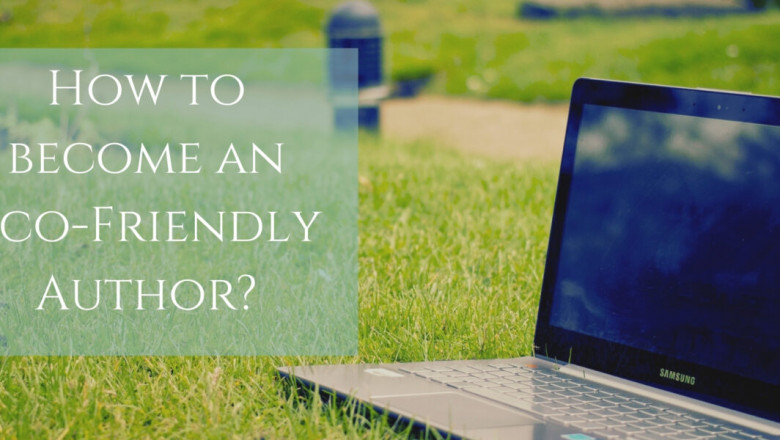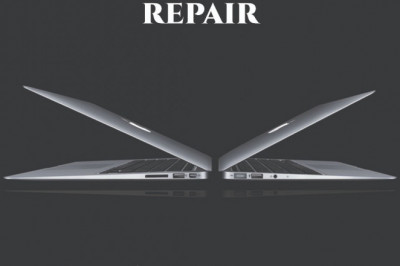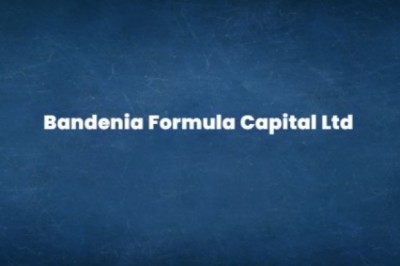1,350
views
views

As writers, we use a lot of stationery when writing and self-publishing books. We create quite a bit of paper and plastic waste through book and manuscript printing, scribbling drafts on notebooks, through pens, pencils, and ink cartridges.
If you want to become a Eco-Friendly Writer So, use Sprout pencils. These are special pencils with seeds in the stub. Sprout pencils are made from either biodegradable materials or recycled newspapers instead of wood. You use them as regular pencils and when you reach the bottom, plant them in your garden. You can buy different seeds, such as herbs, flowers, fruit, or vegetable. You will find these pencils on any eCommerce platform, like Amazon.
P.S. Remember to leave the granite end of the pencil pointing upwards when you plant it in the soil.
Go self-publishing to Reduce Carbon Footprint
Go self-publishing to Reduce Carbon Footprint
Since Johannes Gutenberg’s first printing press, the publishing industry has become ‘one of the biggest growth achievers’ in these six centuries. But as it grew, so did its carbon footprint. Today, printed books are the 3rd largest greenhouse gas emitter. So, how do we reduce the Co2 emission that builds up to 40 million tons each year?
Self-publishing could be your answer…
Self-publishing could be your answer…
Self-publishing is a promising tactic to make publishing an eco-friendlier and sustainable industry. As a self-publishing author, you are in total control of your book – you could choose eBook version over hardcopies, select your editor online, cut back on printing manuscripts for sending them to different publishing houses for reading, choose a platform that supports FSC (Forest Stewardship Council) certified papers for book printing, and use Print on Demand (PoD), the latest digital technology that eliminates stocking up book inventory.
Writat Print on Demand to Boost Sustainability
Writat Print on Demand to Boost Sustainability
Book publishing and selling impact our nature in four different stages, and not just one as we usually assume. They include:
- Paper, ink, and glue form the raw material.
- Machinery and power to print the books.
- Vehicles to ship raw materials to the manufacturer, the printed books to distributors, from distributors to the bookstores, and then, ultimately, to the reader contribute to transportation footprint.
- Recycling of unsold or returned books in the traditional publishing method, which is generally 30%.
Here comes Writat’s PoD (Print on Demand) solution that produces less waste than traditional publishing and offset printing. PoD is a widely accepted Self-Publishing trend that promises on-demand books (you print from a local printer only when your readers order) to reduce paper and energy waste.
Research shows that stocking hundreds of books not knowing whether they will be sold or not also significantly contributes to carbon emission.
So, with PoD, you can print and sell 3 – 5 copies instead of stocking up books in warehouses.
eBooks Could be a Nature-Friendly Solution
eBooks Could be a Nature-Friendly Solution
While there are numerous downsides of e-reading, particularly that revolve around our health, ebooks are a much more sustainable option than cutting down trees and creating tons of environmental waste through paper, printing, and transportation. eBooks are relatively easy to make, publish, and sell at Writat. And unlike hard copies, you wouldn’t have to recycle, dispose of, or store your smartphone or tablet after each book. Your smartphone can store thousands of books in digital format.
Writat consciously looks for methods to ensure your books are available globally while reducing your carbon footprint. For example, all our books are printed locally in energy-efficient printers to reduce fuel and energy consumption. If you want to make sure your books are available to your readers in an eco-friendly way, become a Writat author.












